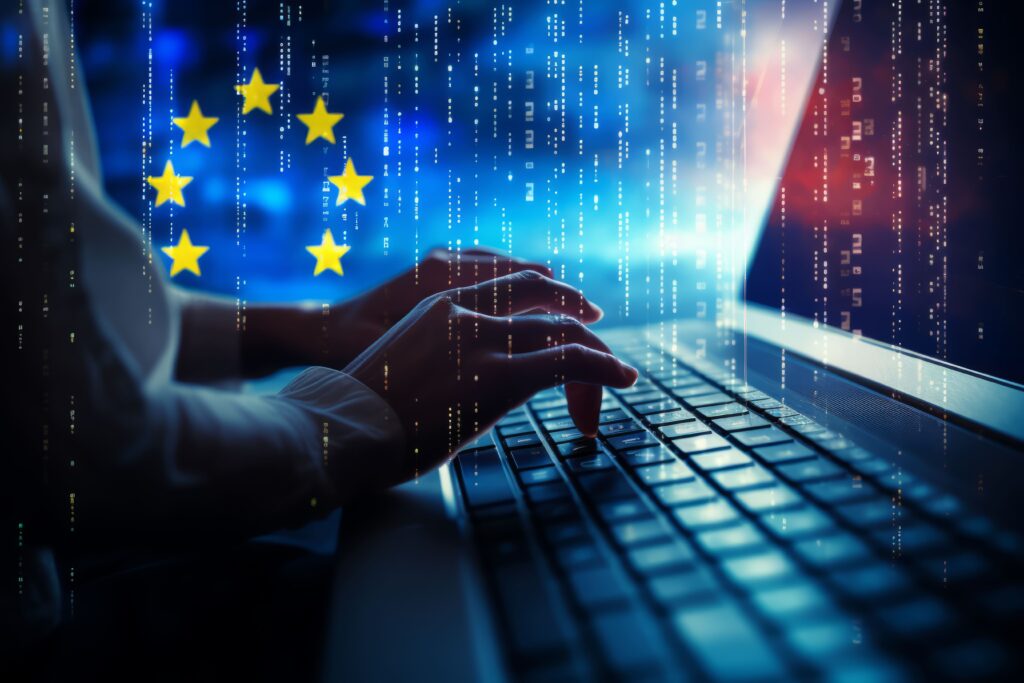Data Protection
IDAS2, the European Digital Identity Wallet and its Connection to the GDPR
Gonzalo Olver
The digitalization of public and private services in the European Union has led to significant advances in electronic identification and management… Read more
European Action on the Right of Access
Gonzalo Olver
The Right of Access On January 20, 2025, the Spanish Data Protection Agency announced its participation in a coordinated European initiative… Read more
The Importance of Regulating Biometric Data
Gonzalo Olver
The use of biometric data, such as facial recognition, has become a common tool in various sectors, including the workplace. However,… Read more
Compliance in controversial situations: help or hindrance?
carlostauroni
Compliance in Controversial Situations As a bullfighting fan, "they look so good behind the barrier." The truth is that putting yourself in a position... Read more
Post-Quantum Cryptography vs. QKD: Which is the best option for the future of cybersecurity?
Gonzalo Álvarez Marañón
The Future of Cybersecurity In the cybersecurity space, Quantum Key Distribution (QKD) is often touted as a “100% secure alternative” … Read more
Commercial Advertising and Data Protection: A Necessary Balance in Today's Business Environment
Marina Medela
Challenges and Opportunities for Businesses in the Age of Advertising and Data Protection The digital age has completely transformed the … Read more
Royal Decree 933/2021: Traveler Registration and Data Protection in the Tourism Sector
Marina Medela
Traveler Registration and Data Protection in the Tourism Sector. Royal Decree 933/2021, of December 2, came into force last Monday, December 2. Read more
Cybersecurity strategy for business success
Fabian Vidal de la Fuente
The Importance of a Cybersecurity Strategy in Business In the digital age, where technology drives almost every aspect of business, … Read more
Analysis of the Audit Report of the Court of Auditors on Internal Information Systems
Marina Medela
Analysis of the Court's Audit Report. The entry into force of Law 2/2023, of February 20, regulating the protection of persons... Read more
Blockchain and the Right to Erasure: Challenges and Technical Solutions for GDPR Compliance
Marina Medela
Blockchain technology, known for its immutability and transparency, poses a significant challenge in the context of personal data protection, especially when it comes to… Read more
The Impact of the NIS 2 Directive on Personal Data Protection: A Challenge for Compliance
Marina Medela
The evolution of European cybersecurity regulations, with the recent entry into force of the NIS 2 Directive (Directive (EU) 2022/2555), means… Read more













































